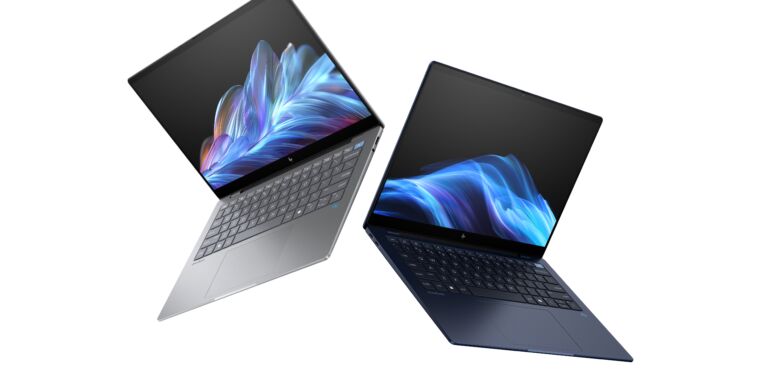HP
HP is rebranding its consumer and commercial computers. The company will no longer use branding like Spectre and instead use Omni for all of its consumer-facing laptops, desktops, and all-in-ones (AIOs). Similarly, it will no longer refer to its commercial laptops as Dragonfly.
HP announced today that it will no longer release computers under consumer PC series names like Pavilion. Instead, every consumer computer from HP will be called either an OmniBook for laptops, an OmniDesk for desktops, or an OmniStudio for AIOs. The computers will also have a modifier, ranging from 3 up to 5, 7, X, or Ultra to denote computers that are entry-level all the way up to advanced. For instance, an HP OmniBook Ultra would represent HP’s highest-grade consumer laptop.
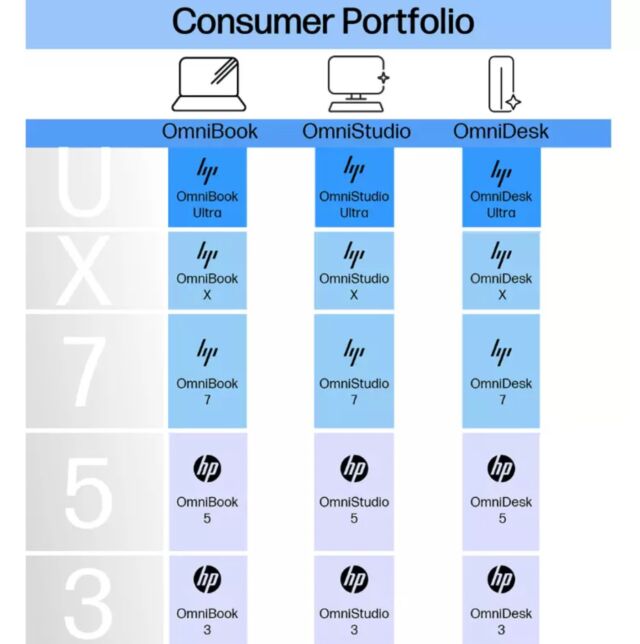
HP
“For example, an HP OmniBook 3 will appeal to customers who prioritize entertainment and personal use, while the OmniBook X will be designed for those with higher creative and technical demands,” Stacy Wolff, SVP of design and sustainability at HP, said via a press announcement today.
The Omni branding is a nod to one of HP’s first laptops (HP’s first-ever laptop was 1984’s HP-110), the OmniBook, which debuted in 1993. The debut design, the OmniBook 300, had an Intel 386 processor, 9-inch VGA monochrome display, and up to 40MB of storage. Per HP Museum, it debuted at a $1,515 starting price. HP continued targeting OmniBooks at businesses until the last model, the OmniBook XE3, was released in 2001.
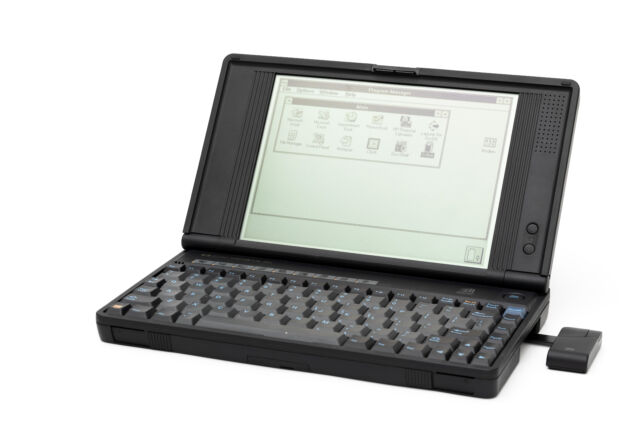
So far, HP has announced one new Omni computer, the OmniBook X. It has a 12-core Snapdragon X Elite X1E-78-100, 16GB or 32GB of MPDDR5x-8448 memory, up to 2TB of storage, and a 14-inch, 2240×1400 IPS display.
HP is pointing to the Latin translation of omni, meaning “all” (or everything), as the rationale behind the naming update. The new name should give shoppers confidence that the computers will provide all the things that they need. Although, I’d forgive you if the branding made you think about going on vacation instead.
HP is also getting rid of some of its commercial series names, like Pro. From now on, new, lower-end commercial laptops will be ProBooks. There will also be ProDesktop desktops and ProStudio AIOs. These computers will have either a 2 modifier for entry-level designs or a 4 modifier for ones with a little more power. For example, an HP ProDesk 2 is less powerful than an HP ProDesk 4. Anything more powerful will be considered either an EliteBook (laptops), EliteDesk (desktops), or EliteStudio (AIOs). For the Elite computers, the modifiers go from 6 to 8, X, and then Ultra. A Dragonfly laptop today would fall into the Ultra category.
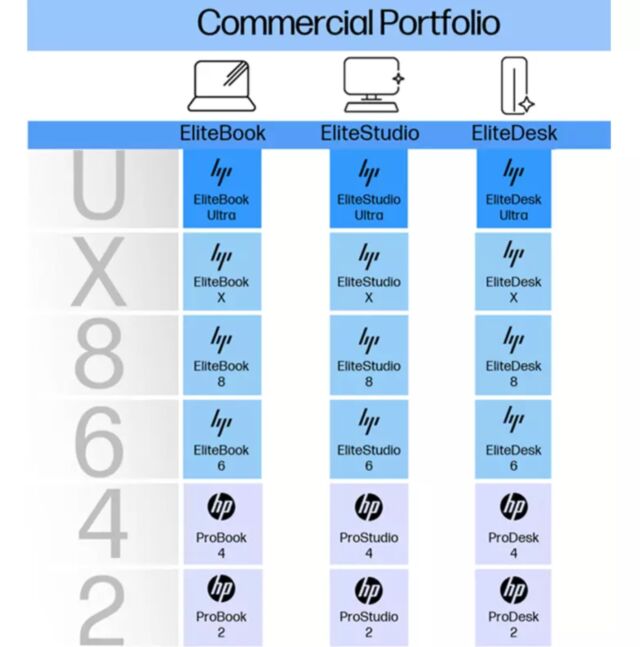
HP
HP did less overhauling of its commercial lineup because it “recognized a need to preserve the brand equity and familiarity with our current sub-brands,” Wolff said, adding that HP “acknowledged the creation of additional product names like Dragonfly made those products stand out, rather than be seen as part of a holistic portfolio.”
HP will still sell Omen-branded gaming laptops and desktops. It also recently announced new ZBook-branded workstation laptops. HP will also still consider addendums like the Fold, for foldable-screen devices, or Flip, for 2-in-1 devices.
The first laptop announced under the new commercial naming scheme is the EliteBook Ultra G1q, which starts at $1,700 on June 18. It has a Snapdragon X Elite X1E-78-100, 16GB of LPDDR5x-8400 memory, up to 1TB of storage, and a 14-inch 2240×1400 IPS screen.
HP’s rebranding aligns with recent efforts to streamline computing naming conventions, including from Intel and AMD, that have had mixed results. HP’s rebranding is far from inventive, especially considering it’s reusing some of the ideas it has used in the past. The need for the word “book” to be tied to a laptop also feels dated. Based on names alone, I’d personally rather own a Spectre than an OmniBook. Although the naming schemes have reasonable logic behind them, the average shopper may not immediately know the difference between, say, an OmniDesk versus an EliteDesk.
New AI marketing, of course
As you might now expect of any tech rebranding, marketing push, or product release these days, HP is also announcing a new emblem that will appear on its computers, as well as other products or services, that substantially incorporate AI.
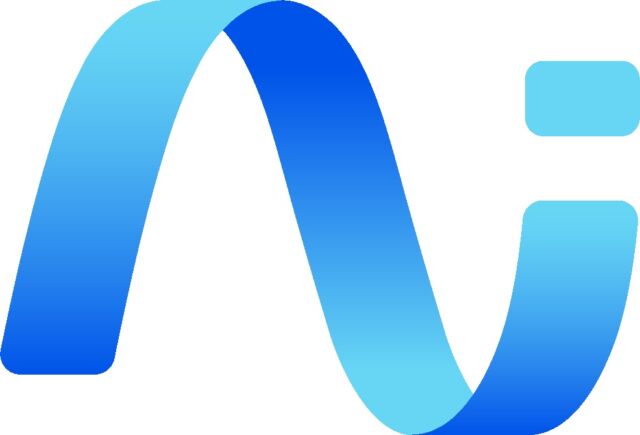
HP
The two laptops announced today carry the logo. According to Wolff, on computers, the logo means that the systems have an integrated NPU “at 40+ trillions of operations per second.” They also come with a chatbot based on ChatGPT 4, an HP spokesperson told me.
The announcement means HP is joining countless other tech brands that are desperate to capitalize on growing interest in generative AI. Despite many mainstream users not engaging in serious AI workloads or requiring instant access to AI chatbots, the tech industry, including personal computing, is constantly looking for new ways to convince people that their favorite gadget suddenly needs some forced AI feature.

